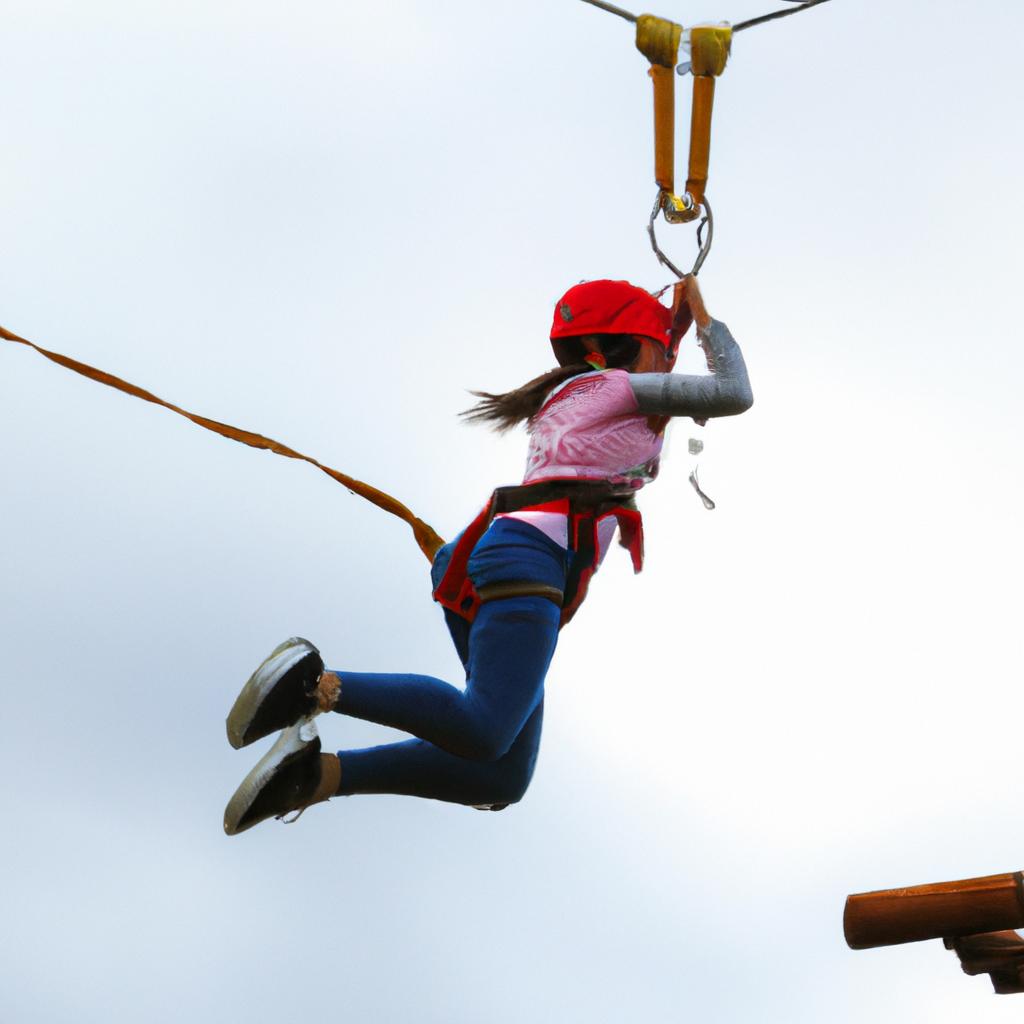Thrill-Seeking: The Psychological Benefits of Adventure Sports on Mental Health and Well-being
# Thrill-Seeking: The Psychological Benefits of Adventure Sports on Mental Health and Well-being
In today’s fast-paced world, mental health has become a focal point of discussion, with many seeking effective ways to enhance their well-being. Adventure sports, characterized by high levels of risk and excitement, have emerged as a powerful avenue for addressing mental health challenges. From rock climbing to skydiving, these thrill-seeking activities not only ignite our adrenaline but also promote psychological resilience and emotional stability. In this blog post, we will explore the various psychological benefits of adventure sports, offering insights into nutrition, exercise, and overall health benefits associated with these exhilarating pursuits.
## The Psychological Benefits of Adventure Sports
### Boosting Confidence and Self-esteem
One of the most significant psychological benefits of engaging in adventure sports is the boost in confidence and self-esteem. Successfully overcoming physical challenges, such as scaling a cliff or navigating turbulent waters, instills a sense of accomplishment. This feeling often translates into other areas of life, enhancing one’s belief in their abilities and fostering a positive self-image.
### Stress Relief and Anxiety Reduction
Adventure sports are known for their ability to provide a temporary escape from daily stressors. The intense focus required during these activities diverts attention from worries and anxieties, allowing individuals to experience a form of mindfulness. The release of endorphins, often referred to as ‘feel-good hormones,’ further contributes to a reduction in stress levels, leading to improved mental clarity and emotional balance.
### Building Resilience
Participating in adventure sports also fosters resilience. Engaging in high-risk activities teaches individuals how to confront fears, adapt to unforeseen challenges, and recover from failures. This enhanced resilience can be beneficial in daily life, where setbacks are inevitable. By learning to navigate difficult situations during adventure sports, individuals can develop coping strategies that apply beyond the sporting context.
## Nutrition Tips for Adventure Seekers
### Fueling Your Body
Proper nutrition is crucial for anyone engaging in adventure sports. Consuming a balanced diet rich in carbohydrates, proteins, and healthy fats ensures that your body has the energy and nutrients it needs to perform at its best. Foods such as whole grains, lean meats, fruits, and vegetables should form the basis of your meals.
### Hydration is Key
Staying hydrated is essential, especially when participating in intense physical activities. Dehydration can lead to fatigue and decreased performance. Aim to drink water before, during, and after your adventure sports activities. Electrolyte drinks can also be beneficial during particularly strenuous outings to replenish lost minerals.
## Exercise Advice for Thrill-Seekers
### Cross-Training for Strength and Endurance
To excel in adventure sports, a well-rounded exercise regimen is vital. Cross-training, which incorporates various forms of physical activity, helps build overall strength and endurance. Consider incorporating activities like swimming, cycling, or resistance training into your weekly routine. This diversity not only enhances physical fitness but also reduces the risk of injury.
### Balance and Flexibility Training
In addition to strength and endurance, balance and flexibility are crucial for many adventure sports. Activities like yoga and Pilates can improve core strength, enhance balance, and increase flexibility, making it easier to navigate challenging terrains or execute complex maneuvers.
## Health Benefits of Adventure Sports
### Improved Mental Health
The mental health benefits of adventure sports are profound. Regular engagement in these activities has been linked to reduced symptoms of anxiety and depression. The combination of physical exertion, exposure to nature, and social interaction with fellow thrill-seekers creates a holistic approach to mental well-being.
### Enhanced Social Connections
Adventure sports often take place within communities or groups, fostering social connections and friendships. These relationships can provide emotional support and a sense of belonging, both of which are essential for mental health. Engaging in group activities can also reduce feelings of isolation, contributing to overall happiness.
### Connection with Nature
Many adventure sports occur in natural settings, allowing participants to immerse themselves in the beauty of the outdoors. This connection with nature has been shown to reduce stress, enhance mood, and promote feelings of tranquility. The sights and sounds of the natural world can rejuvenate the mind and spirit, offering a powerful antidote to the hustle and bustle of modern life.
## Conclusion
Adventure sports offer a unique blend of psychological benefits that can significantly enhance mental health and overall well-being. By boosting confidence, relieving stress, and building resilience, these thrilling activities empower individuals to confront challenges both on and off the field. Cou















Post Comment